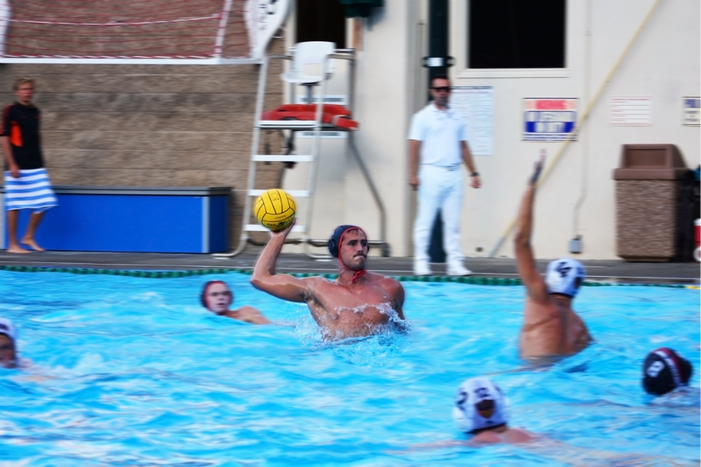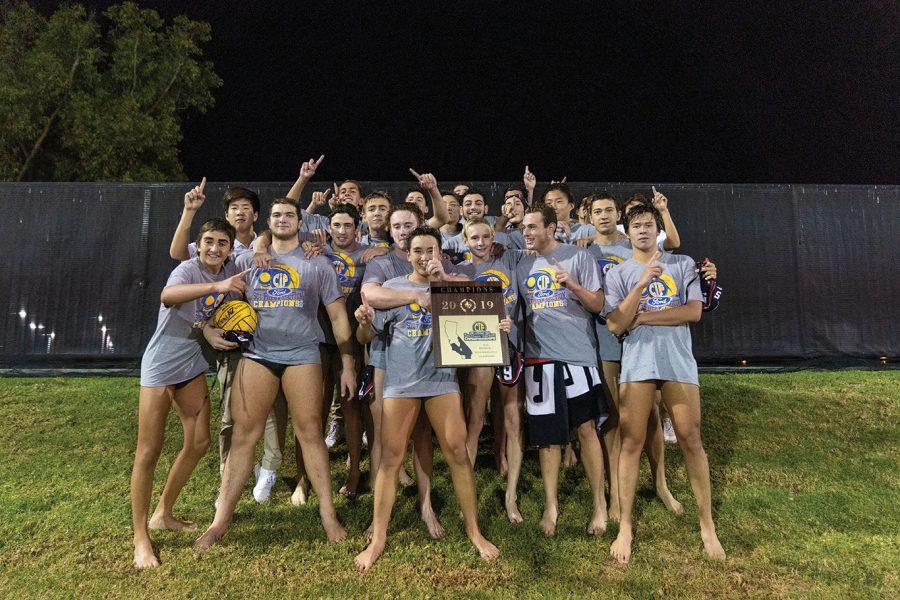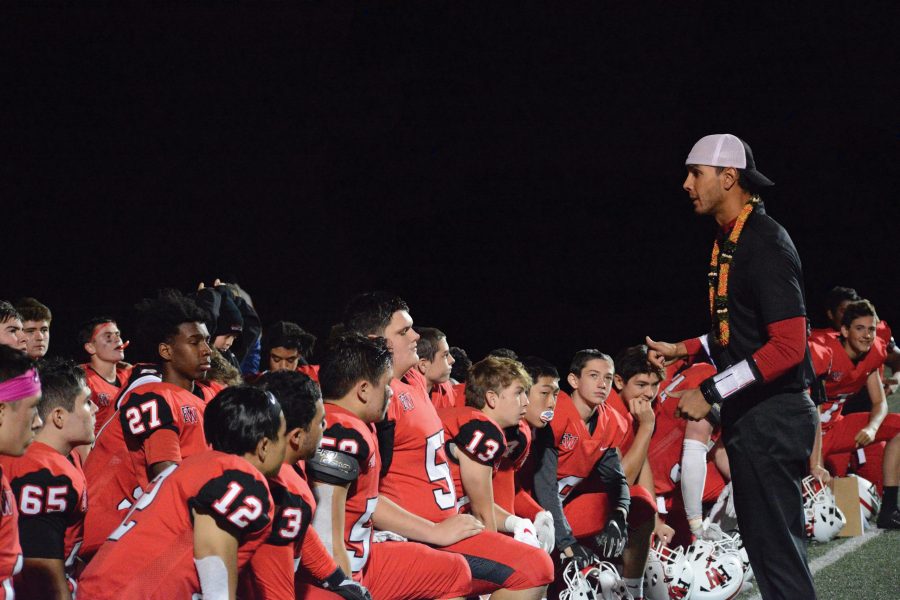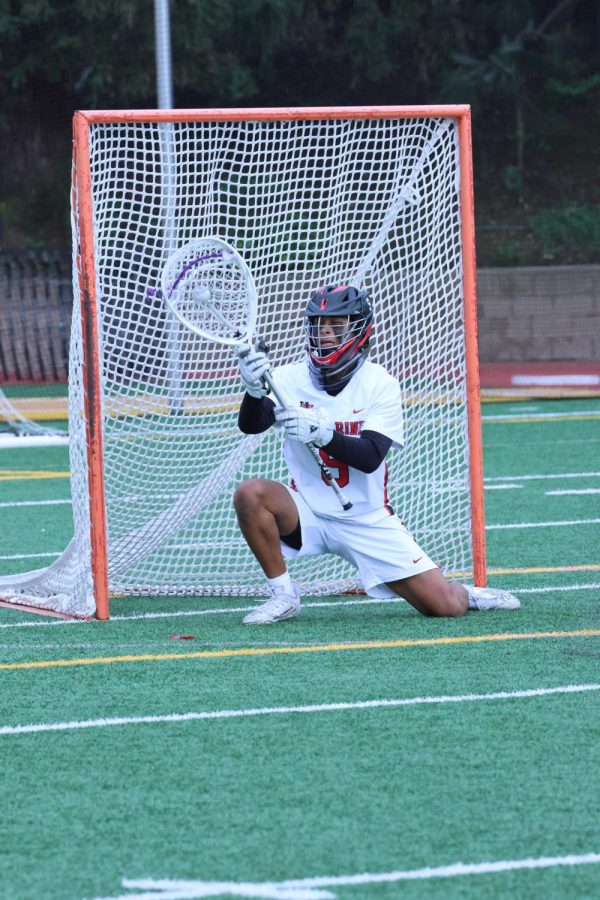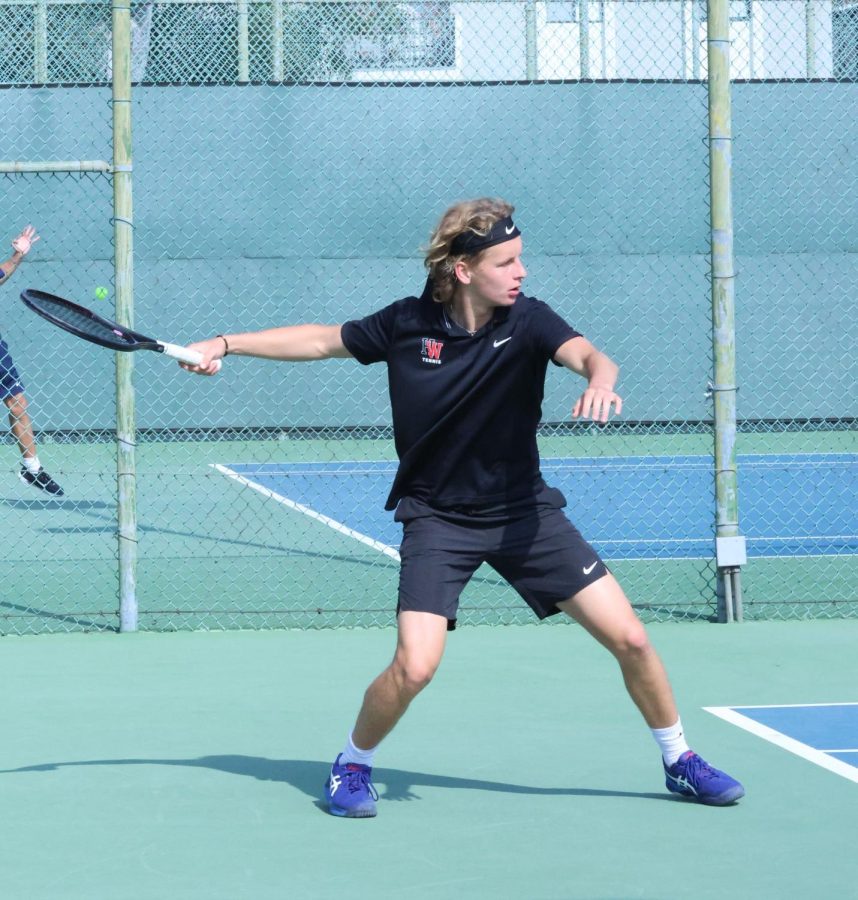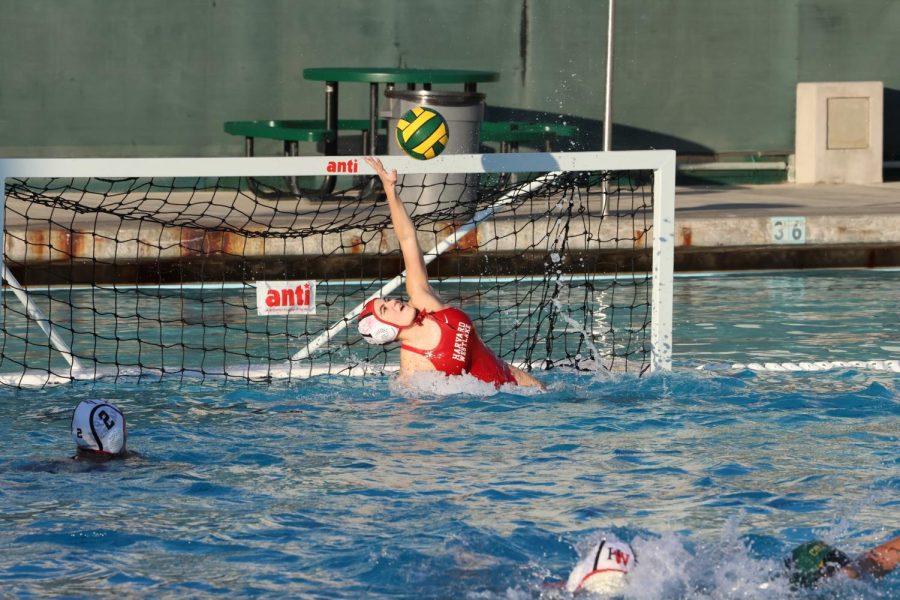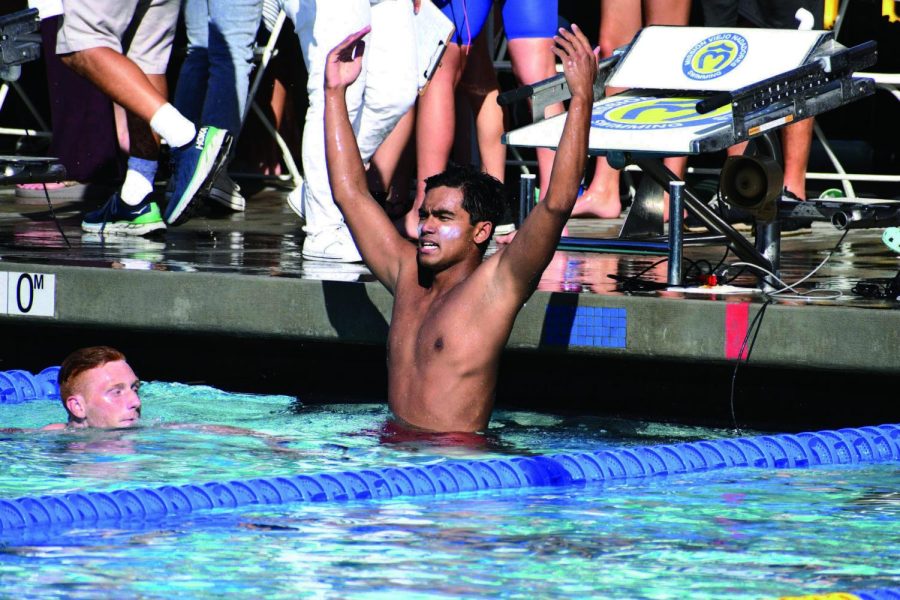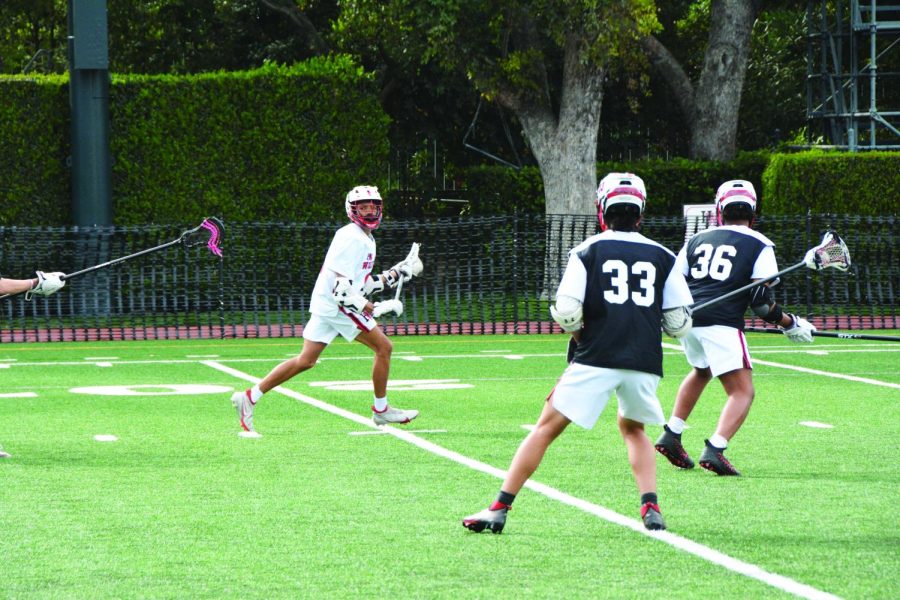Every Tuesday and Friday, Paul Leclerc ’18 wakes up at 4:30 a.m. to attend swim practice. For one and a half hours, Leclerc and the swim team train in the water, followed by a 45-minute weight lifting session.
“Any extra work is going to help, especially in swimming, where it’s very work-intensive. So, I think that the morning practices are very useful,” Leclerc said. “There are also times where we can work on things that we don’t usually have time to work on in regular practices.”
The swim team is only one of several teams to use the hours before dawn to polish their craft. To accommodate the practice schedules of the boys’ and girls’ basketball teams, the boys’ volleyball team trains in Taper Gym during the mornings.
“Because they have priority with their season, it’s a good time for us to do (sic) the gym,” opposite Colin Shannon ’17 said. “I think it helps out with overall team bonding, all waking up in the morning together.
Aside from providing extra time to practice and refine neglected skills, sharing the experience of sacrificing sleep for practice also brings the players closer.
“Not many people are willing to wake up every week, two days a week, at 4:30 or 5, to get into a cold pool at 5:30,” Leclerc said. “We usually get 90 to 100 percent to show up, so I think it does show that our team is mentally strong and is mentally willing to work.”
The practices, however, can also have their drawbacks, though the players said that they’d learned to adjust their schedules to prepare for morning training.
“After a while you get used to it,” Leclerc said. “Because you kinda get into the routine of ‘Oh, it’s Monday night, or its Thursday night, I have to get my homework done faster so I can go to bed earlier.’ You also get used to working with less sleep.”
Shannon believes that a morning schedule helps students complete their schoolwork more efficiently.
“Usually, if we were to have afternoon practices, especially when they’re not right after school, people tend to delay their homework or they worry about their homework and stuff,” Shannon said. “I find myself a little less focused on homework. It just works out that that there’s a lot to be said for coming together in the morning and working hard.”
Overall, the morning practices have the added bonus of boosting a team’s confidence and mental preparedness.
“Usually, I have a better practice in the mornings than in the afternoon, so I think being like ‘yeah, I woke up early, and I did a good job in the pool, and I put in work,’ you can feel like its paying off,” Leclerc said. “Yeah, we get prideful when we have a good practice, after a morning practice.”



































